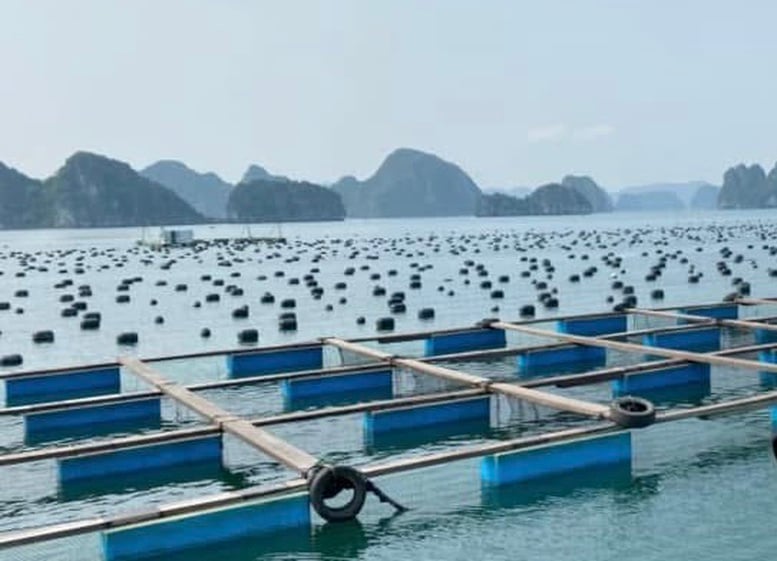
Developing marine farming models in Quang Ninh - Photo: VGP/Do Huong
Driving forces behind production transformation
According to the Food and Agriculture Organization of the United Nations (FAO), agriculture accounts for 70% of freshwater use globally, but this resource is not unlimited. In Vietnam, water is an essential input for agricultural and aquaculture production, especially in the context of the country facing different forms of water scarcity: water shortage, water surplus due to flooding, poor water quality and overexploitation.
Water resources are vital for agriculture and aquaculture – two key sectors that contribute significantly to Vietnam’s economy . In the context of increasingly severe climate change and increasing water demand, sustainable water resource management is not only a solution to ensure food security but also a driving force for agricultural transformation and sustainable development of the aquaculture sector. Vietnam’s recent efforts, from integrated management policies to the application of science and technology, are showing great potential in optimizing water resources towards a more sustainable agriculture.
Deputy Minister of Agriculture and Environment Nguyen Hoang Hiep said that Vietnam has built a system of water infrastructure works and a basic legal system to manage, exploit and make the most of water resources, serving socio-economic development, while preventing floods and other harmful effects caused by water.
In June 2022, the Politburo issued Conclusion No. 36-KL/TW on ensuring water security and safety of dams and reservoirs until 2030, with a vision to 2045, laying the foundation for long-term strategies on irrigation, water storage and clean water supply.
Mr. Nguyen Tung Phong, Director of the Department of Irrigation, emphasized that the action programs on water security have outlined specific strategies for managing water resources in the future.
Mr. Rémi Nono Womdim, FAO Representative in Vietnam, highly appreciated Vietnam's efforts in ensuring global food security. He said that FAO is cooperating with Vietnam and other countries to implement the United Nations Water Action Agenda, focusing on building "National Water Roadmaps", drought risk management, monitoring water data and evapotranspiration figures. He emphasized: "Integrated sustainable water resources management is a top priority for realizing the Sustainable Development Goals (SDGs)."
Mr. Rémi Nono Womdim proposed five areas of action to strengthen water resources management: investing in improving water resources inventory capacity; linking inventory with fair and transparent water resource allocation; promoting cross-sectoral cooperation through legal policies and advanced technologies to support farmers; implementing social protection measures for vulnerable groups; and mobilizing the private sector to reduce emissions across the supply chain. FAO is committed to supporting Vietnam in transforming food and food systems, ensuring that no one is left behind.
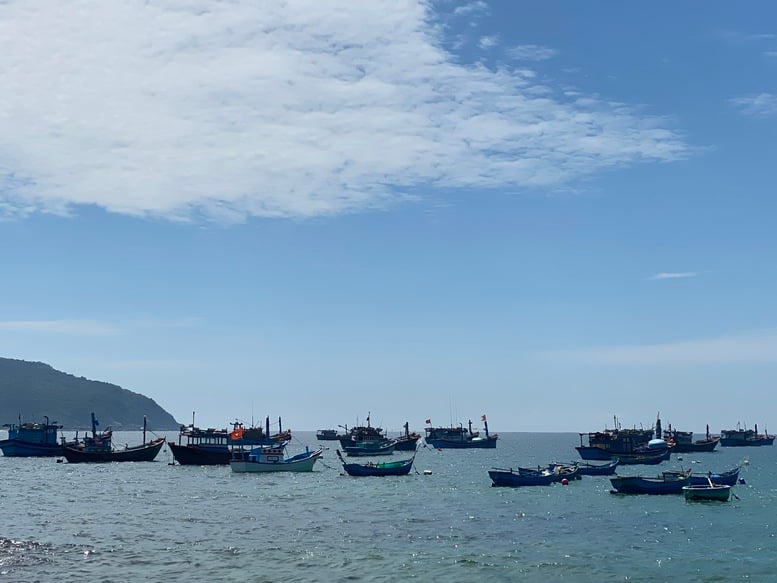
Water resources management helps agricultural economic sectors develop and contributes to stabilizing the livelihoods of farmers and fishermen - Photo: VGP/Do Huong
Deputy Minister of Agriculture and Environment Phung Duc Tien acknowledged that water resources are an essential input factor in agricultural production, especially for the aquaculture sector - a sector that is contributing greatly to the agricultural, forestry and fishery export target of 65-70 billion USD in 2025. Climate change is causing extreme impacts, from land subsidence due to heavy rains to severe water shortages during the prolonged dry season, directly affecting aquaculture production. Therefore, sustainable management of water resources has become an urgent task to ensure the stable development of the sector.
Mr. Duong Hong Son, Director of the Institute of Water Resources Science, said that in the coastal area of the Mekong Delta (MD) - the country's key aquaculture area, the Institute has applied remote sensing technology to map aquaculture areas and calculate water demand for aquaculture in the MD provinces. In particular, the Institute has developed a tool to calculate damage caused by drought and saltwater intrusion, as a basis for water storage solutions for users in the dry season, especially in years of severe drought. These studies not only help optimize water resource management but also minimize risks for the aquaculture industry.
In addition, the Institute also conducts research on management policies and solutions for the circular use of water resources in agriculture, creating the premise for further research on increasing water use efficiency and protecting the water environment in aquaculture, especially with industrial farming models.
Based on the results achieved, Mr. Duong Hong Son proposed a number of new research directions related to the development of aquaculture in rivers and reservoirs. The Institute plans to focus on policies for payment of water environmental services, applying IoT and AI technology in automatic monitoring to monitor water quantity and quality, thereby supporting risk assessment and building decision-making systems. These technologies will also be used to optimize the process of water circulation and reuse in aquaculture, reducing pressure on natural water resources.
In addition, the Institute will apply RS (remote sensing) and GIS (geographic information system) technologies to assess water resource risks related to floods, droughts and saltwater intrusion - issues that are seriously affecting aquaculture production, especially in areas such as the Mekong Delta. These studies not only help improve water use efficiency but also contribute to protecting the water environment, ensuring the sustainable development of the industry.
In addition to technological solutions and international cooperation, community activities also play an important role in protecting water resources. Volunteer campaigns to protect water resources at irrigation works have been implemented nationwide, contributing to raising public awareness of sustainable water management. Initiatives such as the use of drip irrigation systems, rainwater harvesting and wetland conservation are also being encouraged to reduce pressure on water resources.
In terms of policy, the Law on Water Resources 2023, effective from July 1, 2024, has shifted from administrative-based water management to economic-based management, aiming to promote efficient and sustainable water use. This policy, together with water inventory and allocation programs, is the foundation for Vietnam to ensure long-term water security.
Do Huong
Source: https://baochinhphu.vn/tai-nguyen-nuoc-dong-luc-phat-trien-ben-vung-nganh-thuy-san-102250413114558653.htm


![[Photo] T&T 1 and Ho Chi Minh City 1 People's Police Teams won the men's and women's team championships](https://vphoto.vietnam.vn/thumb/1200x675/vietnam/resource/IMAGE/2025/5/22/39db06ae67cb4001b7a556e8d9a56d07)

![[Photo] General Secretary To Lam chairs a working session with the Central Internal Affairs Commission](https://vphoto.vietnam.vn/thumb/1200x675/vietnam/resource/IMAGE/2025/5/22/3b7790f499da45b2803d8ae253207ef1)
![[Photo] Press delegation meeting to visit Truong Sa and DK1 Platform](https://vphoto.vietnam.vn/thumb/1200x675/vietnam/resource/IMAGE/2025/5/22/6b8d232877ec421a9e8187d83b9f8006)
![[Photo] Prime Minister Pham Minh Chinh chairs meeting on draft Resolution of National Assembly on International Financial Center in Vietnam](https://vphoto.vietnam.vn/thumb/1200x675/vietnam/resource/IMAGE/2025/5/22/d398664ff1a140629169ea5a24e1b4d0)

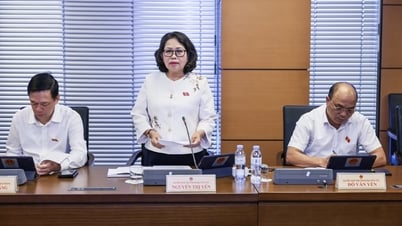

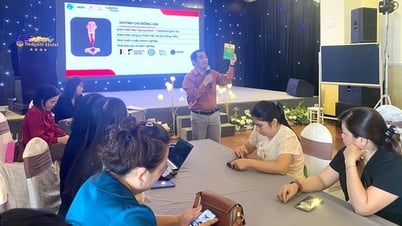

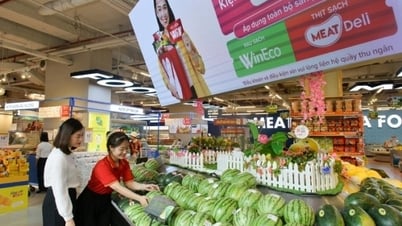
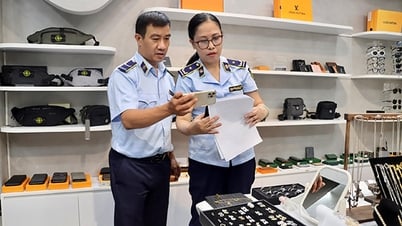

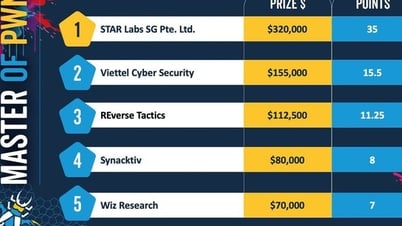
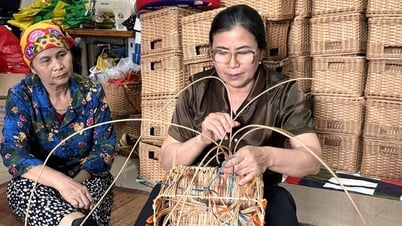




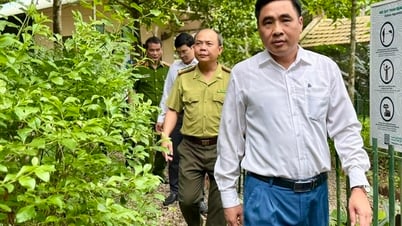
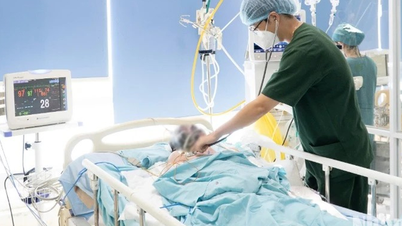

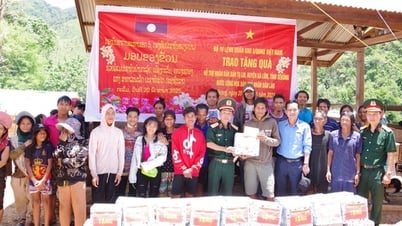
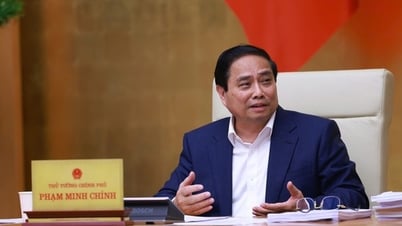

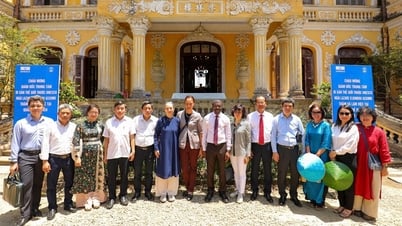









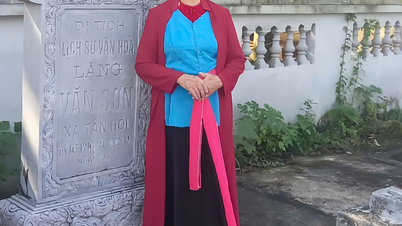













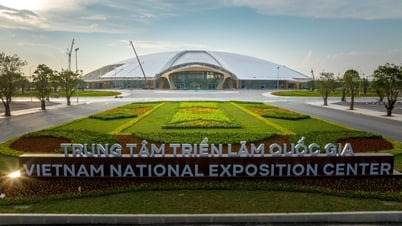

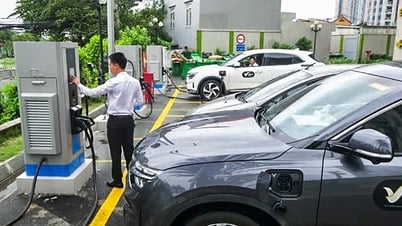
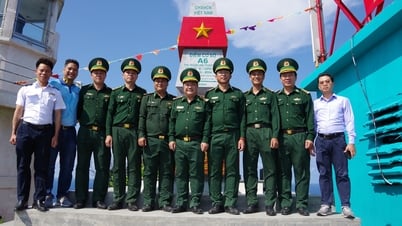








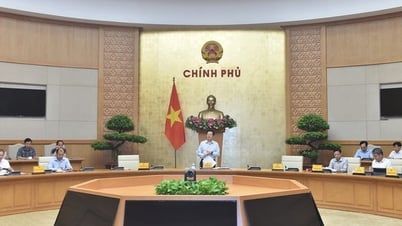

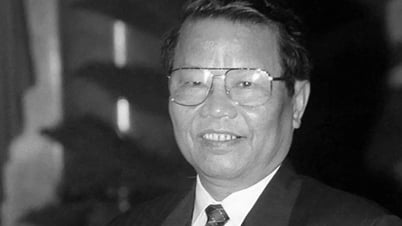
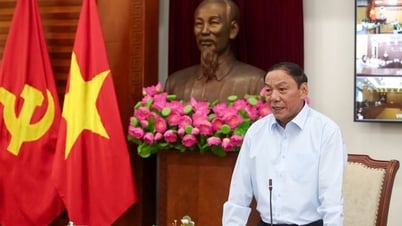
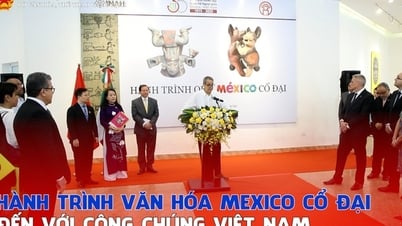
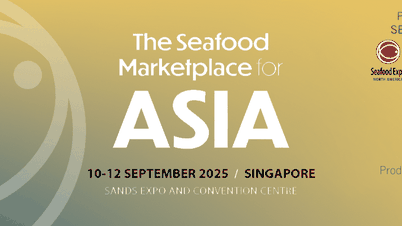

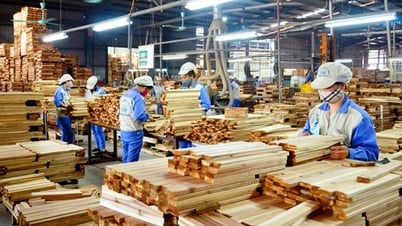




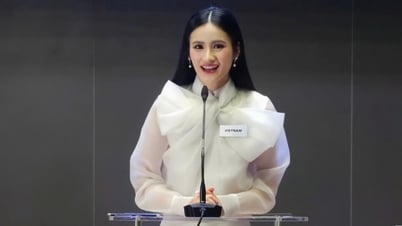

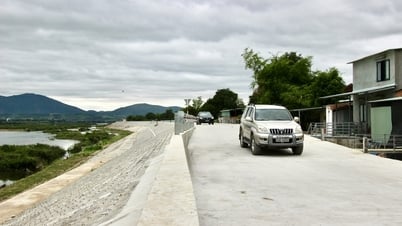

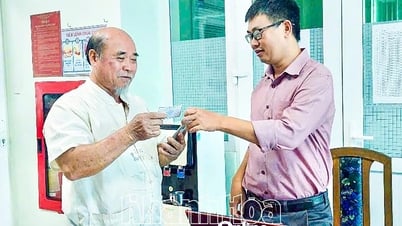





![[Podcast] Week introducing more than 500 OCOP products in Hanoi](https://vphoto.vietnam.vn/thumb/402x226/vietnam/resource/IMAGE/2025/5/22/d144aac2416744718388dbae3260e7fd)





Comment (0)